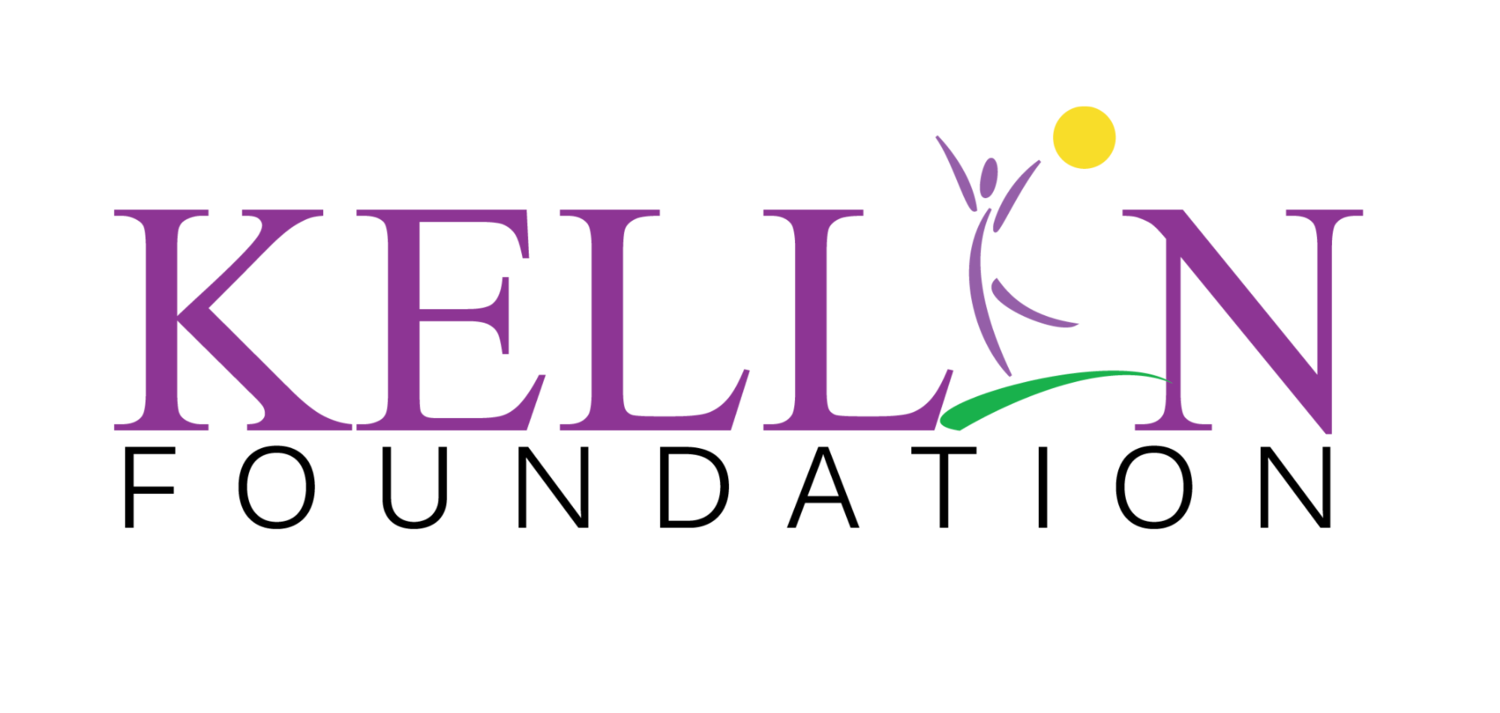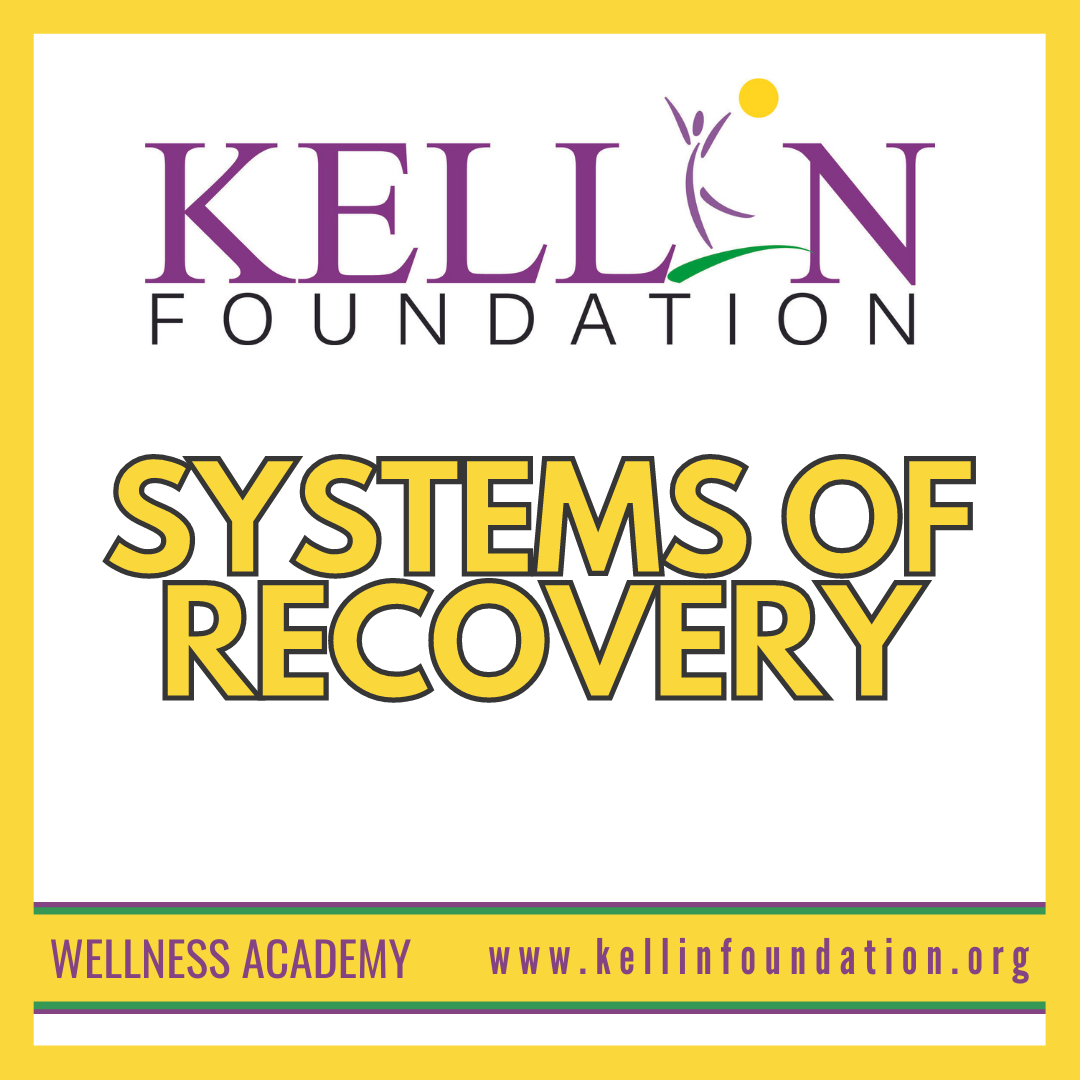The Kellin Foundation’s free Wellness Academy classes are a valuable tool for individuals wanting to find and strike a balance in their mental wellness. Below you will find a description of the classes we offer! To enroll in these classes, please fill out our new client enrollment form here. You can find a full list of our upcoming Wellness Academy classes on our calendar.
WRAP stands for Wellness Recovery Action Plan. In this class, students will explore their own personal symptoms, triggers, strategies to promote wellness, and hopes. The instrument provides a structured and proactive plan in which individuals learn what to look for when symptoms start to intrude, how to turn the tide, and how to create a life that makes them feel alive.
Whole Health Action Management (WHAM) is a peer-led intervention developed by SAMHSA Center for Integrated Health Solutions for people with chronic health and behavioral health conditions that activates self-management to create and sustain new health behavior. WHAM aims to counter the high incidence of chronic physical health conditions such as diabetes, heart disease, and obesity among people living with mental illnesses and addictions.
Concepts of Wellness is a six-week class meant to be practical and experiential. Living a life based on wellness and strength (as opposed to illness and deficit) requires some modification of basic perspectives; this class explores some of these paradigm shifts and provides new ways of thinking to help make them happen.
The purpose of this course is to communicate the mission and values of the Kellin Foundation that act as a foundation when developing peer-led programming. We concentrate on igniting hope by promoting self-advocacy, personal responsibility, education, and the identification of strengths and responsibilities while adopting and adapting to a person-driven, holistic recovery plan.
Systems of Recovery is a class based on the evidence-based practices of systems theory. Systems theory is a unique approach to recovery that explains human behavior in terms of complex systems. Examples of systems include family, social group, work. The class objective is to help you identify and understand the different systems in your life and learn how to successfully navigate them.
Down the Rabbit Hole is a class helps our peers learn about Cognitive Distortions. In this class peers will learn how cognitive distortions cause us to perceive reality incorrectly, how they cause and reinforce negative thoughts and beliefs about ourselves and others, why we believe they’re rational, and how to counter them.
Our Grief and Loss class aims to strengthen the places broken by grief and loss by aiding the participants in identifying, describing, and processing unaddressed pain. The ultimate goal is to accomplish a level of healing from the injurious consequences of avoidance, such as stress, health problems, depression, anxiety, anger problems, behavioral issues, and overall genuine unhappiness.
This class uses Cognitive Behavioral Therapy techniques and a curriculum designed by the U. S. Dept. of Health & Human Services Substance Abuse and Mental Health Services Administration Center for Substance Abuse Treatment to teach students appropriate skills for successfully managing anger.
In Managing Your Anxiety peers will learn helpful tools such as meditation and grounding techniques to help better manage and even stop anxiety in its tracks so that it does not overtake their life.
Working toward wellness does not just end with a diagnosis and medication. Recovery is a multi-faceted process, and there are many sides to be explored when working toward feeling better and functioning best. Participants in Balancing Holistic Wellness will look at how their physical health and active habits, diet, circumstances, environmental factors can affect their mental health, and how they can take an active role in maintaining their recovery.
When we have suffered a major setback or crisis due to extreme symptoms, the basics of daily living often seem to be more than we can manage. This class is designed to address some of the basics of living with a mental health diagnosis by incorporating key recovery principles, including using a strengths-based model and accessing available resources.











